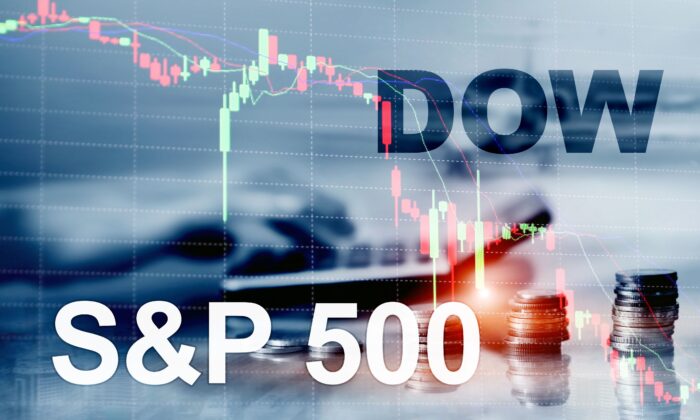U.S. stocks took a significant hit as global investors grow wary due to President Trump’s trade war and criticism of the Federal Reserve. The S&P 500 fell 2.4% on Monday, now standing 16% below its record high set two months ago.
How Major US Stock Indexes Fared April 21

Key Takeaways:
- Significant Drop in U.S. Stocks: Major indexes tumbled, signaling increased market volatility.
- S&P 500 Fell 2.4% on Monday: The index faced a substantial single-day decline.
- S&P 500 Now 16% Below Its Record High: Marks a notable downturn from two months prior.
- Increasing Global Investor Skepticism: Worldwide confidence in U.S. investments is waning.
- Impact of Trump’s Trade War and Federal Reserve Criticism: Political actions are unsettling traditional market dynamics.
Stocks Slide Amid Growing Trade War Concerns
U.S. stocks experienced a significant decline as investors around the globe grow increasingly skeptical about the stability of U.S. investments. This skepticism stems from President Donald Trump’s ongoing trade war and his public criticism of the Federal Reserve, factors that are “shaking up the traditional order.”
S&P 500 Sees Notable Decline
The S&P 500 fell 2.4 percent on Monday, reflecting mounting concerns in the market. This drop places the index at 16 percent below its record high set just two months ago, underscoring the rapid shift in investor sentiment and market conditions.
Investor Confidence Wanes
Investors worldwide are exhibiting caution towards U.S. markets. The combination of aggressive trade policies and uncertainty surrounding monetary policy has led to increased volatility. The apprehension is not limited to domestic investors; global markets are responding to the perceived risks associated with U.S. economic strategies.
Trade War and Federal Reserve Criticism Impact Markets
President Trump’s trade war has been a central factor in the recent market fluctuations. The imposing of tariffs and the tension with key trade partners have contributed to a climate of uncertainty. Additionally, Trump’s criticism of the Federal Reserve has introduced doubts about the future of U.S. monetary policy. Such remarks are “shaking up the traditional order,” causing both investors and institutions to reassess their positions.
Looking Ahead
The intersection of political decisions and economic outcomes remains a focal point for market participants. As trade negotiations continue and the administration’s stance on the Federal Reserve evolves, investors will be closely monitoring these developments. The recent declines serve as a reminder of the markets’ sensitivity to policy and rhetoric.











